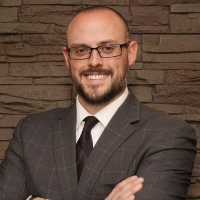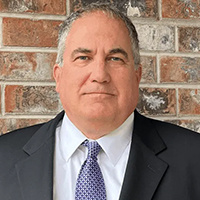Clearfield White Collar Crime Lawyer, Utah
Sponsored Law Firm
-
 x
x

Click For More Info:
-
Greg Smith and Associates
7324 Union Park Ave Suite 101 Midvale, UT 84047» view mapCriminal Defense Proudly Serving The State of Utah
We've successfully resolved thousands of criminal defense and other cases, and we can take your call now!
800-925-8751
Logan Eric Collins
Criminal, DUI-DWI, Felony, Misdemeanor, White Collar Crime
Logan Collins is a criminal defense attorney in Bountiful, UT. He concentrates his practice on DUI, drug crimes, violent crimes and more. Logan is a m... (more)
Dave Clark
✓ VERIFIEDCriminal, Traffic, DUI-DWI, Misdemeanor, White Collar Crime
I went to law school just to be a criminal lawyer. I served as a prosecutor for almost 30 years, but defense law was always my true passion. I'm a nat... (more)
FREE CONSULTATION
CONTACTLawrence J. Leigh
White Collar Crime, Criminal, Constitutional Law, Antitrust
Status: In Good Standing
David Paul White
Civil Rights, Constitutional Law, Traffic, White Collar Crime
Status: In Good Standing
FREE CONSULTATION
CONTACTFREE CONSULTATION
CONTACTKevin W Mcgaha
Child Custody, White Collar Crime, Slip & Fall Accident, Car Accident
Status: In Good Standing
Amy E Hugie
Contract, Civil Rights, White Collar Crime, Family Law
Status: In Good Standing Licensed: 26 Years
 Gregory Smith Midvale, UT
Gregory Smith Midvale, UT AboutGreg Smith and Associates
AboutGreg Smith and Associates Practice AreasExpertise
Practice AreasExpertise



